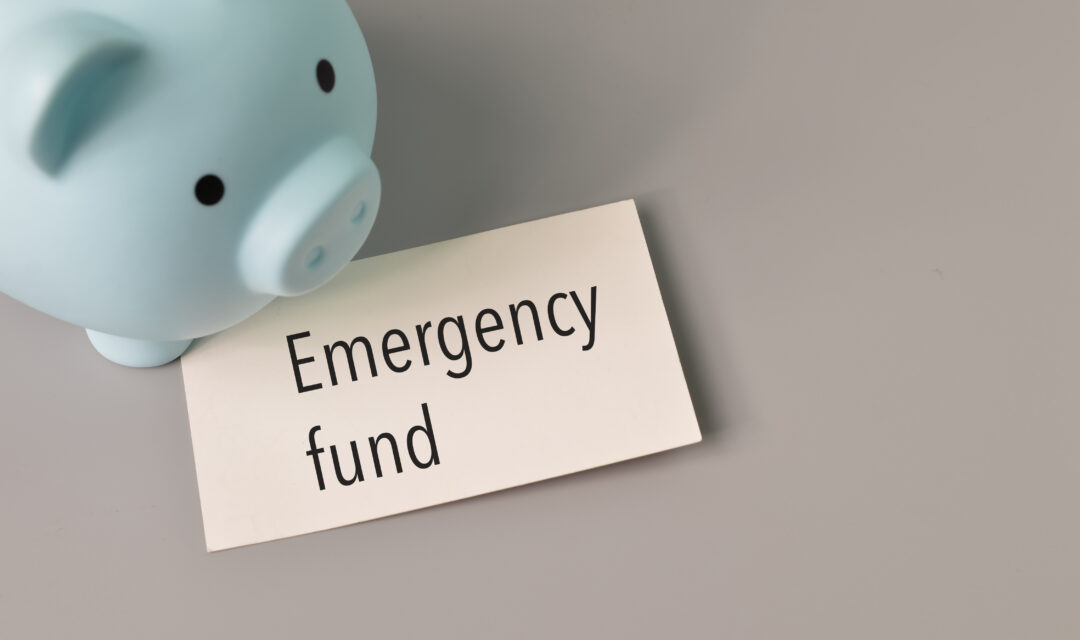
Women are renowned for their ability to multitask. Whether it's preparing lunches, getting children ready for school, managing appointments, or attending social events, women are more adept at multitasking and switching between tasks.
Financial planning for women is no longer viewed as taboo because modern women are rock stars who are shattering all clichés about being the weaker gender.
However, it is also a fact that patriarchal traditions and social conditioning prevent women from handling financial planning.
Why Pay Attention to Women's Financial Planning?
Women and financial planning have been inextricably interwoven since the beginning of time. Home financial management has long been the responsibility of women. Women should therefore get involved in personal financial management for a number of strong reasons.
While you can still enjoy the occasional shopping spree, international trip, or other indulgences, little, wise steps can help you grow your money, achieve your financial goals, and retire like a queen.
Of course, the fact that more women are working now than ever before is a more notable shift in the ethos of the workplace and more collaboration from family members. But because of their caregiving responsibilities, women work fewer hours, choose low-paying, part-time jobs or service occupations that aren't covered by pension plans, receive less pension benefits, and earn less because of gender disparities. They are therefore unable to provide for themselves monetarily.
The Value of Women's Financial Planning

Now is an excellent time for women to manage their finances and become financially independent. Given the ease of access to online information, changing social mores, and the capacity to work and invest, women need to get over the stigma and confront financial challenges head-on.
The following are some financial tips for women, regardless of whether they are married, single, divorced, or separated:
-
Establish a Budget
-
Establish financial objectives.
-
to evaluate and determine your present financial situation.
-
to establish an emergency fund.
-
Pay attention to health insurance and retirement preparation.
We'll go over how to do financial planning for women at any stage of life in the following part.
Advice for Women in Financial Planning
Establish a Budget
Based on your monthly or yearly income and the timelines you want to achieve your objectives, create a personalized budget. Starting with the 50-30-20 rule is a great idea. Set aside 50% of your monthly income for living expenses, 30% for investments and savings, and the remaining 20% for luxurious living.
Budgeting your cash flow is crucial. Once you have a comprehensive understanding of your spending, you can adjust the estimate. Using a budget, you may also estimate your financial needs for the next ten to fifteen years while accounting for inflation.
Establish Financial Objectives
Learn to make a plan and set financial objectives for yourself as part of women's financial planning. You can use Excel or a spreadsheet to create a list of your financial goals. Anything you wish to achieve with your hard-earned money is a financial goal. There are three categories for the objectives: short-, medium-, and long-term.
You will be able to determine the goals for which you should invest or save after you have developed a plan. Consequently, it makes women's financial planning more focused.
For instance, you will need to set a limit on your variable spending. From mandatory phone, internet, and travel services to impulsive shopping or a night out with the girls, failing to control erratic spending might put you in a financial quagmire. You don't have to skip out on all the fun, of course, but you might want to consider being more frugal with your finances if you have long-term goals in mind, like buying a house or starting a business.
Read Also: Simple Steps To Recognize Your Brand
Determine Your Present Baseline
The next phase in the financial planning process is to assess your existing situation. By deducting your liabilities from your assets, you can calculate your baseline or net worth. Assets include things like jewelry, real estate, bank accounts, and investments. Liabilities include things like credit card debt, loans, mortgages, and other commitments.
Get An Emergency Fund Ready

Before a rainy day, there are no warning indications. Emergencies can happen at any time. As previously discussed, women are frequently required to take time off from their careers to care for ailing parents or children, which results in no investments or income. Therefore, in order to survive during these times, having liquid money without a paycheck is essential.
Create a contingency fund in an investment option that is liquid and has no lock-in period. The money should always be available to you. Therefore, budget each month to cover such unforeseen costs that your insurance would not pay for.
Pay Attention To Retirement
Women frequently don't realize they outlive men when it comes to financial planning. They will therefore typically demand higher wages in order to survive without an income. Retirement planning is therefore a crucial component of creating a financial plan.
Retirement may seem far off, yet all you will have is the money you have saved. Therefore, even those who anticipate continuing to work after retirement should be ready for a life with a meager income.
In order to prevent financial ruin in the event of a medical emergency, you should also ensure that you have health insurance.
In conclusion
For a number of reasons, financial planning is crucial for women. First, there is a gender salary gap, women have a lower average lifespan than men, and they work for shorter periods of time. Furthermore, money now stands for freedom, independence, and power. Therefore, in order to accomplish goals, effective financial planning is necessary.
Commonly Asked Questions
Why Is Financial Planning Important for Women?
Effective financial planning will provide women a sense of financial independence. They will no longer be financially dependent on their male peers thanks to financial planning, which will grant them financial independence.
What are some ways for a woman to improve her financial situation?
A lady who plans ahead and saves more can improve her financial situation. A woman must accelerate her savings rate to outpace inflation in order to maintain and go past the obstacle of being financially dependent because of her shorter working lifespan and career breaks.
In terms of financial planning, where do I begin?
Budgeting and planning are the first steps. Setting objectives, keeping tabs on finances, investing early, paying off debt, having an emergency fund, and so on are all crucial.




